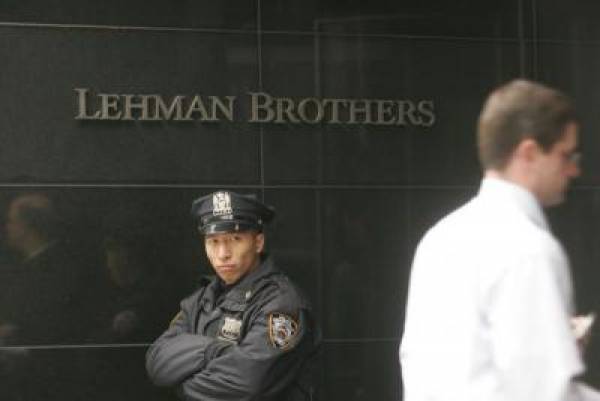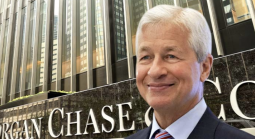Possibly a Thousand More Banks Will Close Says Analyst

Wilbur Ross, chairman and CEO of WL Ross & Co., provided CNBC viewers with a most ominous prediction.
"I do think a lot of the regional ones will (close), just as they did in the last savings and loan crisis in the 1990s," Ross said.
And even if he is half correct, that's still 500 more banks, one of which you might have money in.
Most bank accounts are insured up to $100,000. Anything over that amount is considered "uninsured" and account holders could risk losing those savings.
Ross's remarks come on a day when the stock market tanked following the collapse of US investment bank Lehman Brothers. Merrill Lynch was sold to Bank of America the same day.
"I think people in general felt better about Merrill's situation than about Lehman. I think ever since John Thain came in, he's done a wonderful job trying to fix what was a very difficult situation," Ross said.
Next up is anyone's guess. AIG Insurance suddenly has become the leading candidate for failure, at least in news circles.
Prediction markets such as Dublin, Ireland's intrade.com had Washington Mutual with a 50 percent chance of closing before year's end.
Asia tumbled first on the news Monday, followed by the Middle East, Russia and then Europe before the shockwave hit the North and South American markets.
"The collapse of Lehman Brothers has sent a major jolt through global financial markets as it is by far the biggest victim of the credit crisis that started in August 2007 and had been considered too big to fail," said Global Insight economist Howard Archer.
The dean of Akron's University's Business School, Raj Aggarwal, says investors holding stock and other securities in Lehman Brothers will be paid back only a portion of their money. Those investors include banks, companies and individuals in Northeast Ohio-some who don't even realize they have a problem yet. This will likely cause a domino effect.
Aggarwal: "The point is we may be exposed indirectly. For example I may have an investment in Fidelity funds, as an example, or Vanguard or any number of other companies... I don't know how much they have invested in Lehman securities. The indirectness could be third tier or fourth tier, could be any number of tiers before you're exposed to Lehman Brothers."
On the bright side, Aggarwal says, the fact that the government didn't rescue Lehman, as it did Bear Sterns earlier this year, might signal that the Feds think the market is strong enough to take a massive hit. In any case, he says the government can't protect investors against every bad deal.
Nouriel Roubini, a New York University economics professor who predicted the US housing crisis, said the US government lacks the wherewithal to step in every time a big financial firm fails.
"I don't see any simple solution to this mess," he said.
As stock prices fall, it becomes harder to raise capital.
And with recent capital injections into Citigroup, Merrill, Wachovia Corp and Washington Mutual under water, investors may conclude that further infusions may be a case of throwing good money after bad -- especially with the value, and perceived future value, of real estate assets heading south.
"That appears to be the major stumbling block for the commercial banks," said Gerard Cassidy, an analyst at RBC Capital Markets.
----
Jagajeet Chiba, Gambling911.com













